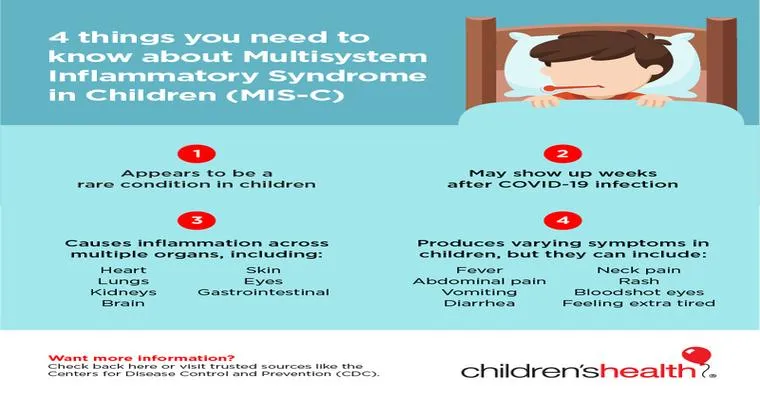A mother’s "mental state" is a critical aspect of her overall well-being and significantly impacts her family dynamics. Understanding a mother’s "mental health" is essential because it influences her ability to care for her children and maintain a harmonious household. In this article, we will explore the various factors that affect a mother’s mental state, the signs of mental health struggles, and effective strategies for support and improvement.
Factors Influencing a Mother's Mental State
Several factors can impact a mother's "mental well-being". These include hormonal changes, especially during pregnancy and postpartum periods, which can lead to conditions such as postpartum depression. Additionally, the stresses of parenting, such as lack of sleep, financial pressures, and societal expectations, can take a toll on her mental health.
Social support plays a crucial role in a mother’s mental state. Mothers who feel isolated or without a support system are more likely to experience anxiety and depression. Conversely, those with strong relationships with family and friends tend to have better mental health outcomes.
Signs of Mental Health Struggles
Recognizing the signs of a mother’s mental health issues is essential for early intervention. Some common indicators include:
Persistent feelings of sadness or hopelessness
Increased irritability or mood swings
Changes in appetite or sleep patterns
Withdrawal from social activities or relationships
Difficulty concentrating or making decisions
It is important for family members and friends to be aware of these signs and to approach mothers with compassion and understanding.
Strategies for Supporting Mothers' Mental Health
Supporting a mother’s mental state involves creating an environment where she feels valued and understood. Here are some effective strategies:
1. "Encourage Open Communication": Create a safe space for mothers to express their feelings and concerns without judgment.
2. "Promote Self-Care": Encourage mothers to take time for themselves, whether through hobbies, exercise, or relaxation techniques. Self-care is essential for maintaining mental health.
3. "Provide Social Support": Help mothers build a support network by connecting them with other parents or community resources.
4. "Seek Professional Help": If a mother is struggling significantly, encourage her to seek help from a mental health professional. Therapy and counseling can provide valuable tools for managing mental health issues.
5. "Educate on Mental Health": Raising awareness about the importance of mental health can help destigmatize the conversation and encourage mothers to seek support when needed.
Conclusion
A mother’s mental state is a vital aspect of her overall health and the well-being of her family. By recognizing the factors that influence mental health, identifying signs of distress, and implementing supportive strategies, we can create a nurturing environment that promotes a mother’s mental well-being. Remember, prioritizing mental health is not just beneficial for mothers; it has a ripple effect that positively impacts their children and families as a whole.





